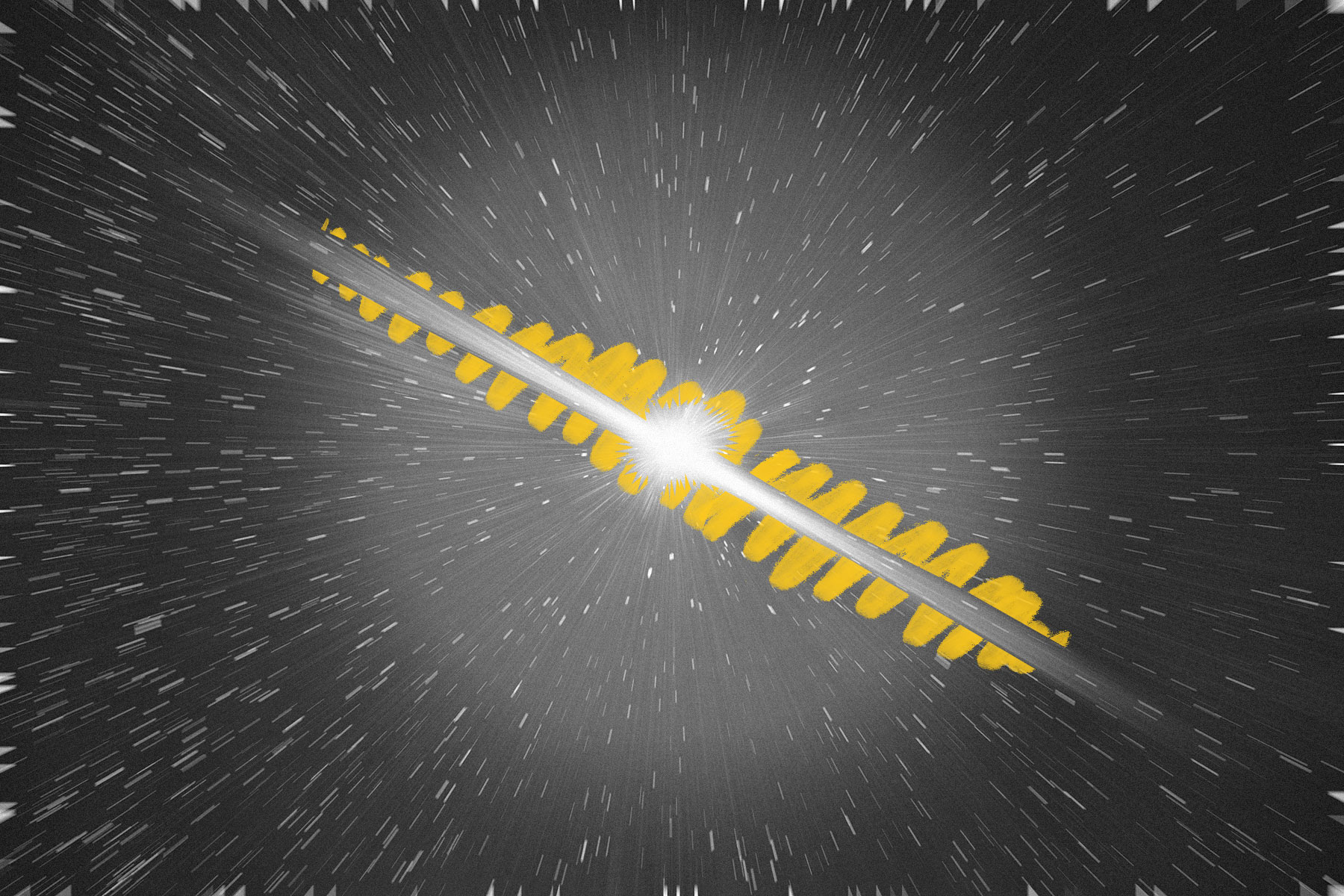Evidence of the Big Bang was discovered by accident.
On May 20, 1964, astronomers Arno Penzias and Robert Wilson were conducting experiments at Bell Labs in New Jersey when they found something odd. While using the Holmdel Horn Antenna to study radio signals emitted by objects in deep space, they noticed that the antenna was picking up an unusual, persistent buzzing noise. At first, they thought the noise was caused by some sort of interference or equipment failure, so they methodically investigated every possible explanation, including the idea that pigeons were roosting in the antenna. Eventually, the astronomers realized the noise was not an equipment error, but an electromagnetic signal dating back billions of years, called cosmic microwave background radiation. Also referred to as CMB, it is the oldest known light in the universe, and one of the strongest pieces of evidence for the Big Bang theory.
The Big Bang theory posits that the universe began as an infinitely hot, infinitely dense singular point in space, which then began to inflate and expand at an incredibly fast rate. Before this expansion, the cosmos would have been too hot and dense for light to travel through, but when the universe was about 380,000 years old, it finally cooled enough for the subatomic particles to bind together into stable atoms (a process known as “recombination”), allowing light to travel through space for the first time. The cosmic microwave background that Penzias and Wilson stumbled on is a remnant of that first light, and its discovery is strong evidence that the recombination event predicted by the Big Bang theory actually occurred. What’s more, the CMB’s temperature is uniform throughout the cosmos, supporting the theory that the universe originated at a single, super-dense point in space which then inflated rapidly in all directions. For their serendipitous discovery of the CMB, Penzias and Wilson received the 1978 Nobel Prize in physics.
You may also like
Recommendations For You
-
01.
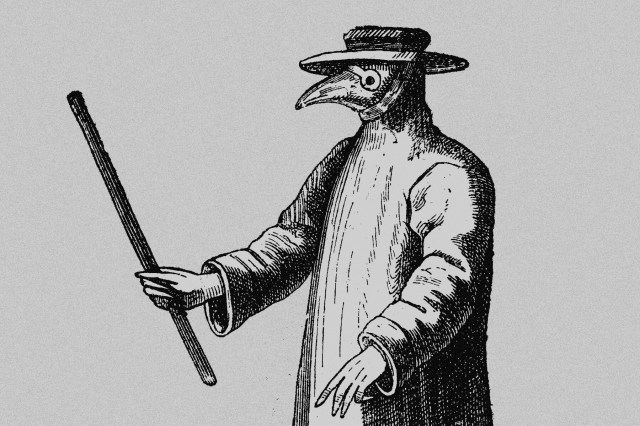 Science & Industry
Science & IndustryWhy Did Doctors Wear Beak Masks During the Bubonic Plague?
-
02.
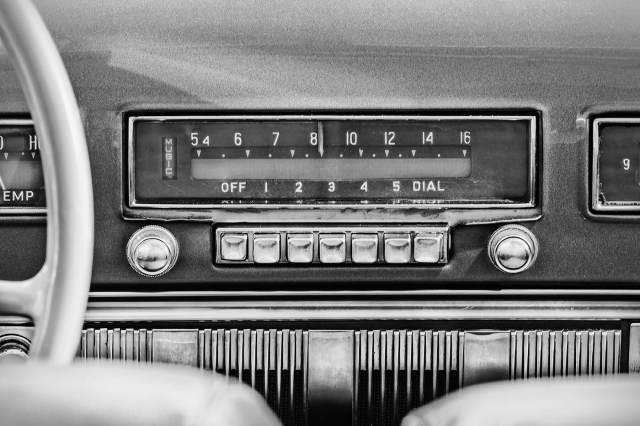 Science & Industry
Science & Industry5 Inventions That Came Out of the Great Depression
-
03.
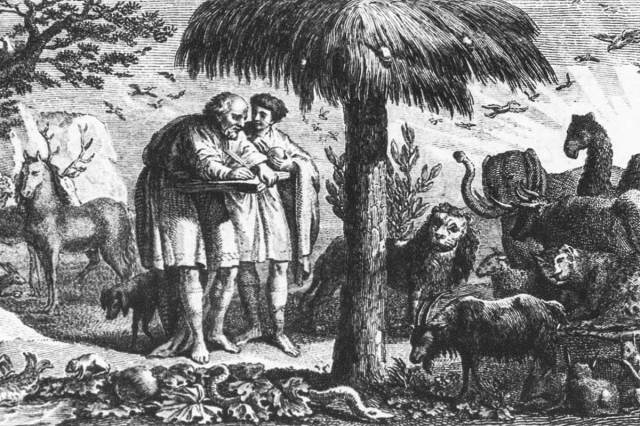 Science & Industry
Science & Industry6 Amazing Breakthroughs Made by the Ancient Greeks
-
04.
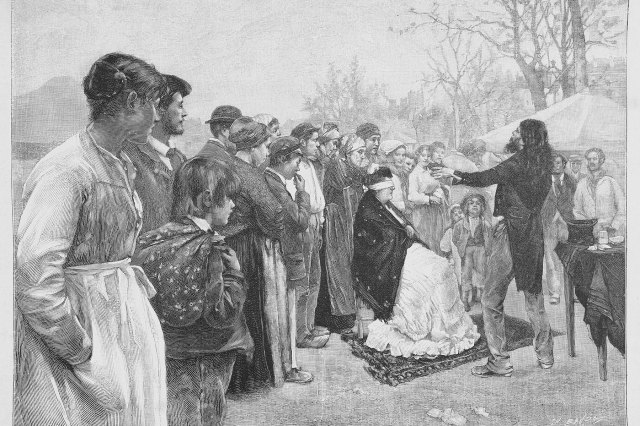 Science & Industry
Science & Industry6 Shocking “Scientific” Beliefs From Victorian England





